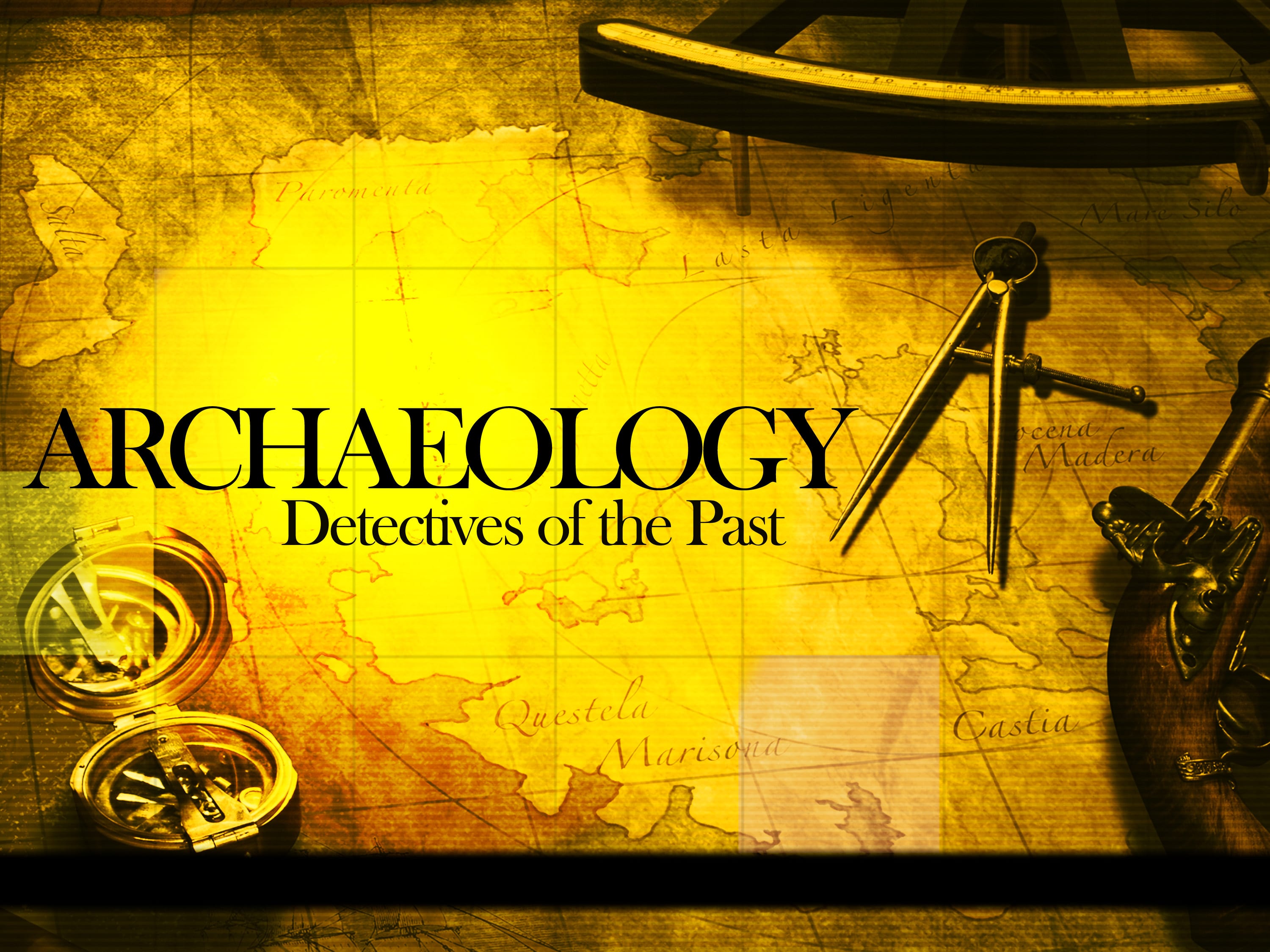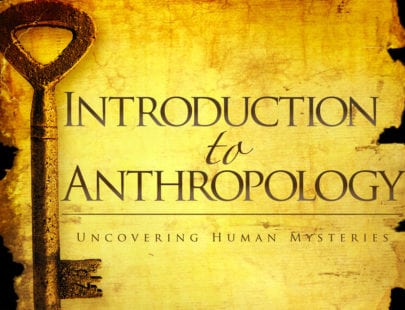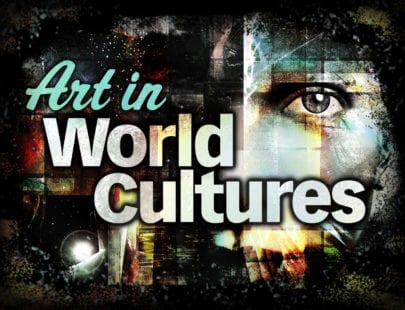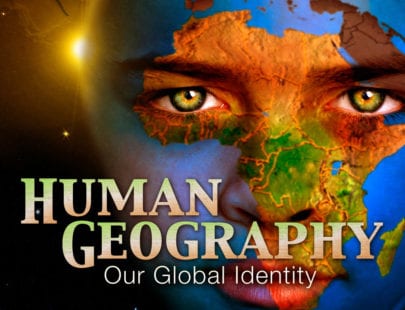
Archaeology: Detectives of the Past
Imagine what it must feel like to uncover an artifact from the past! Archaeology helps us to better understand, through discovery and analysis, how ancient civilizations have shaped the modern world. Explore the techniques, methods, and theories Archaeologists use to conduct their studies to locate and unlock the secrets of a long and colorful past. Let’s get exploring!
Units at a Glance
Unit 1: The World of Archaeology
The archaeologists of the movies live a life of constant action and imminent danger in their quest to uncover ancient archaeological relics. They must solve riddles, decipher ancient texts, dodge deadly snares, and outwit their rivals who are trying to ambush them and steal their treasure. Do the archaeologists portrayed in the movies really reflect the lives of real-life archaeologists? In this unit, you will be introduced to the world of archaeology. We will discuss the science of archaeology, its history, and its relevance in our world today. You will learn about the many aspects of an archaeologist’s job, from the mundane tasks to the thrilling discoveries.
What will you learn in this unit?
- Discuss archaeology as a field of study.
- Differentiate between science and pseudoscience.
- Describe the relationship between archaeology and anthropology.
- Discuss the history and development of the field of archaeology.
- Understand why archaeology is still relevant today.
- Analyze the many aspects of an archaeologist’s work.
- Discuss the career options of an archaeologist.
Unit 2: Recording the Past
Archaeologists interpret our past and help shape our future, but exactly how do archaeologists gather and record information? In this unit, you will learn how archaeologists record the past and reconstruct ancient lifeways. We will discuss how archaeologists conduct field research, excavate sites, and date artifacts.
What will you learn in this unit?
- List and understand the goals of archaeology.
- Discuss what culture is and how archaeologists reconstruct ancient lifeways.
- Describe how the archaeological record is used to date artifacts.
- Discuss the process of archaeological research.
- Understand how preservation conditions affect the characteristics of a site.
Unit 3: Unearthing Ancient Civilizations
While each excavation site is unique, archaeologists everywhere follow a standard procedure to unearth the artifacts hidden beneath the surface. These artifacts help us better understand the time period they were used in and the people who used them. In this unit, you will learn how archaeologists work as a team to dig up these artifacts and how they classify them. We will also take a look at the most exciting archaeological finds in history and how they have shaped our view of the cultures who left them behind.
What will you learn in this unit?
- Discuss what each member of an archaeological team is responsible for.
- Describe the obstacles archaeologists commonly face during an excavation.
- Understand the similarities and differences between a land excavation and an underwater excavation.
- Describe the characteristics of the five major time periods in which artifacts are classified: Paleolithic,
- Mesolithic, Neolithic, Bronze Age, and Iron Age.
- Discuss the most significant archaeological discoveries of the past five hundred years.
Unit 4: Cultural Origins
Archaeologists seek to understand where humankind began and how it has evolved and expanded over the ages. Factors such as farming, changes in technology, and written language made the first civilizations possible. In this unit, you will learn where civilization started and explore how humankind has evolved as a result of civilization. You will also learn how human language emerged over time to make civilization possible.
What will you learn in this unit?
- Learn where the first people and culture originated.
- Discuss the societal importance of sustenance.
- Examine early laws.
- Investigate how trade routes encouraged expansion.
- Explore how language may have emerged over time.
Unit 5: The Fossil Record
Archaeologists use the fossil record to date artifacts and sites. The fossil record refers to the preserved remains of plants, animals, and humans, which provide us with a history of life. It is not a complete record; rather, there are holes and unexplained oddities found within it. In this unit, you will learn how archaeologists use the fossil record to record and reconstruct human behavior. You will explore its importance as well as investigate its limitations.
What will you learn in this unit?
- Understand what the fossil record is.
- Discuss where the fossil record begins.
- Discuss the holes in the fossil record.
- Describe oddities found within the fossil record.
- Understand how archaeologists use the fossil record to reconstruct human behavior.
Unit 6: Social Organization
Archaeologists seek to piece together and understand the social organization of the societies they study. While there are commonalities to all societies, each has many unique attributes as well. In this unit you will investigate the structure of ancient societies by taking a look at their political, social, and economic structure.
What will you learn in this unit?
- Discuss the four political classifications of societies.
- Show how settlement patterns help archaeologists draw conclusions about a society.
- Describe how social ranking emerged in ancient societies.
- Describe how burial practices differed based on societal status.
- Discuss how economic structures were defined in ancient societies.
Unit 7: The Survival of Ancient Text
Scrolls, codices, ostraca, annals, defixiones, and maps are all examples of ancient text. These written records are priceless clues which provide archaeologists with details about ancient life that could never be extracted from material evidence alone. In this unit, you will investigate the most important ancient texts to have been discovered. You will learn how they have helped piece together the details missing from material evidence.
What will you learn in this unit?
- Discuss how the alphabet has evolved through the centuries and its significance.
- Discuss how maps are used to learn more about the societies they were created by.
- Understand how ancient text help archaeologists learn more about a society.
- Describe the different materials used to record text.
- Discuss important texts found by archaeologists.
Unit 8: Public Archaeology & Modern Society
Archaeologists are the public relations agents of the past. Public archaeology includes all the elements of archaeology that are of importance to modern society, including education, archaeo-tourism, and media representation. Archaeologists manage the resources of a site and work to protect what they uncover. We will also discuss how they share what they have found with the public.
What will you learn in this unit?
- Understand the role of cultural resource management (CRM).
- Discuss how historic sites are preserved and restored in order to educate the public.
- Discuss the legal and ethical issues that guide the field of archaeology.
- Describe the effects of looting and the public measures archaeologists employ to discourage it.
- Relate the methods archaeologists use to share their findings with the public.
Required Materials
No additional materials are required for this course.



